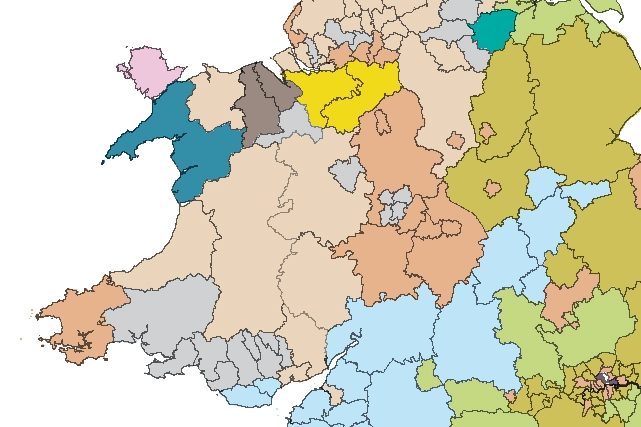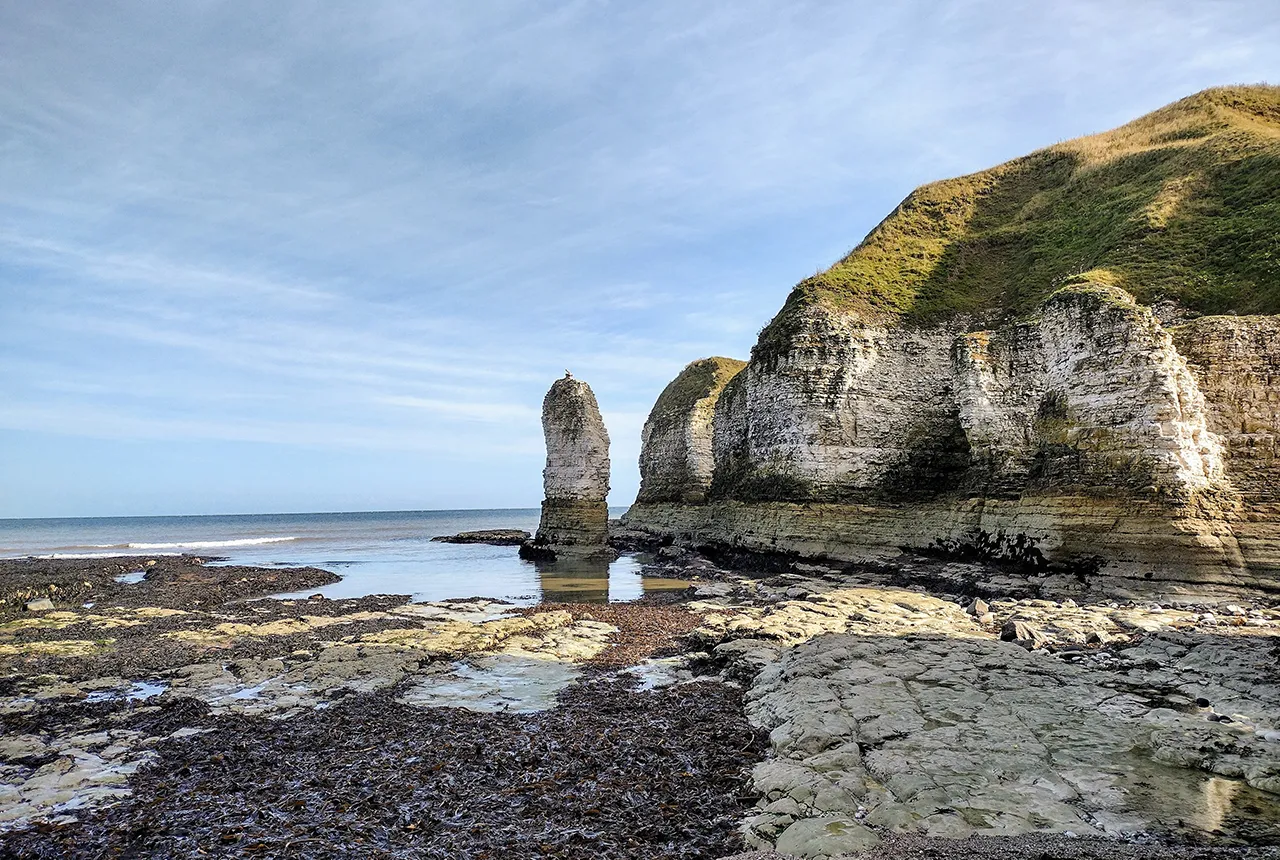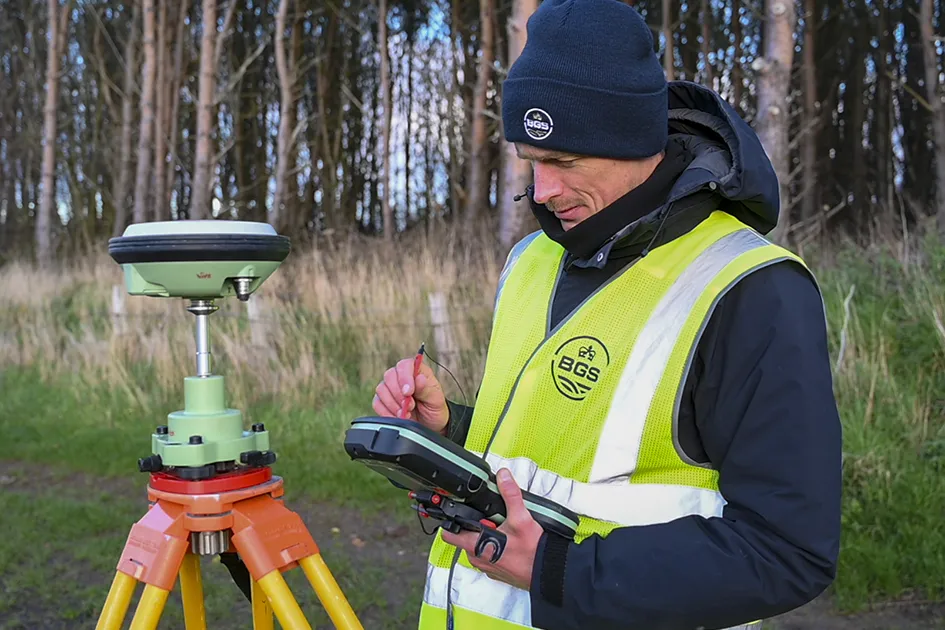BGS has secured funding to scope out options for a CO2 storage research testbed. The testbed will provide the capability to investigate knowledge gaps in geological CO2 storage as defined through review of existing infrastructure worldwide and consultations with stakeholders.
The testbed will provide an innovation platform to develop new techniques and equipment to improve monitoring, reduce costs and further enhance safe storage and open access to and sharing of data, for the benefit of the research community and storage developers.
Finally, the testbed will enable non-technical developments that are vital for underpinning future full-scale commercial systems. This includes providing evidence for policymakers and regulators, including validation that storage technologies are feasible, and to ensure data is available to allow appropriate regulation for the emerging CO2 storage industry. Crucially, the infrastructure will seek to improve public acceptance of this nascent technology by providing a publicly owned and transparent facility for future research and innovation exploration. It is not seen however as a necessary pre-cursor to full deployment which is fully expected to start in parallel to the construction of this Testbed.
Project scope for the outline design
This scoping project will identify a range of feasible location and design options that preliminary technical and permitting evidence indicate are deliverable and desirable. It will provide the evidence and confidence to make the recommendations required to inform future investment decisions, for example, by submitting a proposal to the UKRI Infrastructure Fund in summer 2021.
Objectives of the research facility
- To provide a world-class research facility to allow academia and industry to investigate issues surrounding subsea CO2 storage. The issues for investigation can be technological, economic, geological, political and environmental.
- Address the above issues through research to support the commercialisation of CO2 storage by de-risking the delivery of such solutions in the industrial clusters.
- The facility will, as far as practical, allow researchers to incorporate innovative ideas that are relevant to subsurface CO2 storage, or to facilitate the testing of innovative technologies.
Activities and deliverables
BGS will carry out the scoping and outline design work. The key to this work will be discussions with the wider community of technical stakeholders to seek advice, information and ideas that influence the design, to ensure that the final design will enable useful research to be conducted at the site.
The final deliverable for this project is a report to Natural Environment Research Council (NERC) that sets out the possible design and the business case for the research testbed. The report is to be completed by the end of June 2021.
Consultation timetable
A consultation document is now available for download and completion.
Completed responses should be sent to ccsresearch@bgs.ac.uk by 19 April 2021.
Relative topics
Latest news

Map of BGS BritPits showing the distribution of worked mineral commodities across the country
18/02/2026
BGS’s data scientists have generated a summary map of the most commonly extracted mineral commodities by local authority area, demonstrating the diverse nature of British mineral resources.

Funding awarded to map the stocks and flows of technology metals in everyday electronic devices
12/02/2026
A new BGS project has been awarded Circular Electricals funding from Material Focus to investigate the use of technology metals in everyday electrical items.

New UK/Chile partnership prioritises sustainable practices around critical raw materials
09/02/2026
BGS and Chile’s Servicio Nacional de Geología y Minería have signed a bilateral scientific partnership to support research into critical raw materials and sustainable practices.

Extensive freshened water confirmed beneath the ocean floor off the coast of New England for the first time
09/02/2026
BGS is part of the international team that has discovered the first detailed evidence of long-suspected, hidden, freshwater aquifers.

Funding secured to help mitigate ground risk in UK construction sector
05/02/2026
The BGS Common Ground project has been awarded new funding to help unlock the value of ground investigation data.

Can sandstones under the North Sea unlock the UK’s carbon storage potential?
02/02/2026
For the UK to reach its ambitious target of storing 170 million tonnes of carbon dioxide per year by 2050, it will need to look beyond the current well-studied geographical areas.

Quaternary UK offshore data digitised for the first time
21/01/2026
The offshore wind industry will be boosted by the digitisation of a dataset showing the Quaternary geology at the seabed and the UK’s shallow subsurface.

Suite of ten new soil reference materials released
02/01/2026
BGS has a longstanding track record of producing high-quality reference materials and has released ten new soil reference materials.

Perth and Kinross tops the UK’s earthquake activity charts for 2025
29/12/2025
Seismologists at BGS have published data on the number of seismic events over the past 12 months with over 300 earthquakes recorded.

BGS awarded funding to support Malaysia’s climate resilience plan
17/12/2025
The project, funded by the Foreign, Commonwealth & Development Office, will focus on minimising economic and social impacts from rainfall-induced landslides.

New geological maps of the Yorkshire Wolds to better inform groundwater management and policy decisions
17/12/2025
The new mapping provides crucial data on localised geological issues that may assist in protecting water supplies.

‘Three norths’ set to leave England and not return for hundreds of years
12/12/2025
The historic alignment of true, magnetic, and grid north is set to leave England, three years after they combined in the country for the first time since records began.

